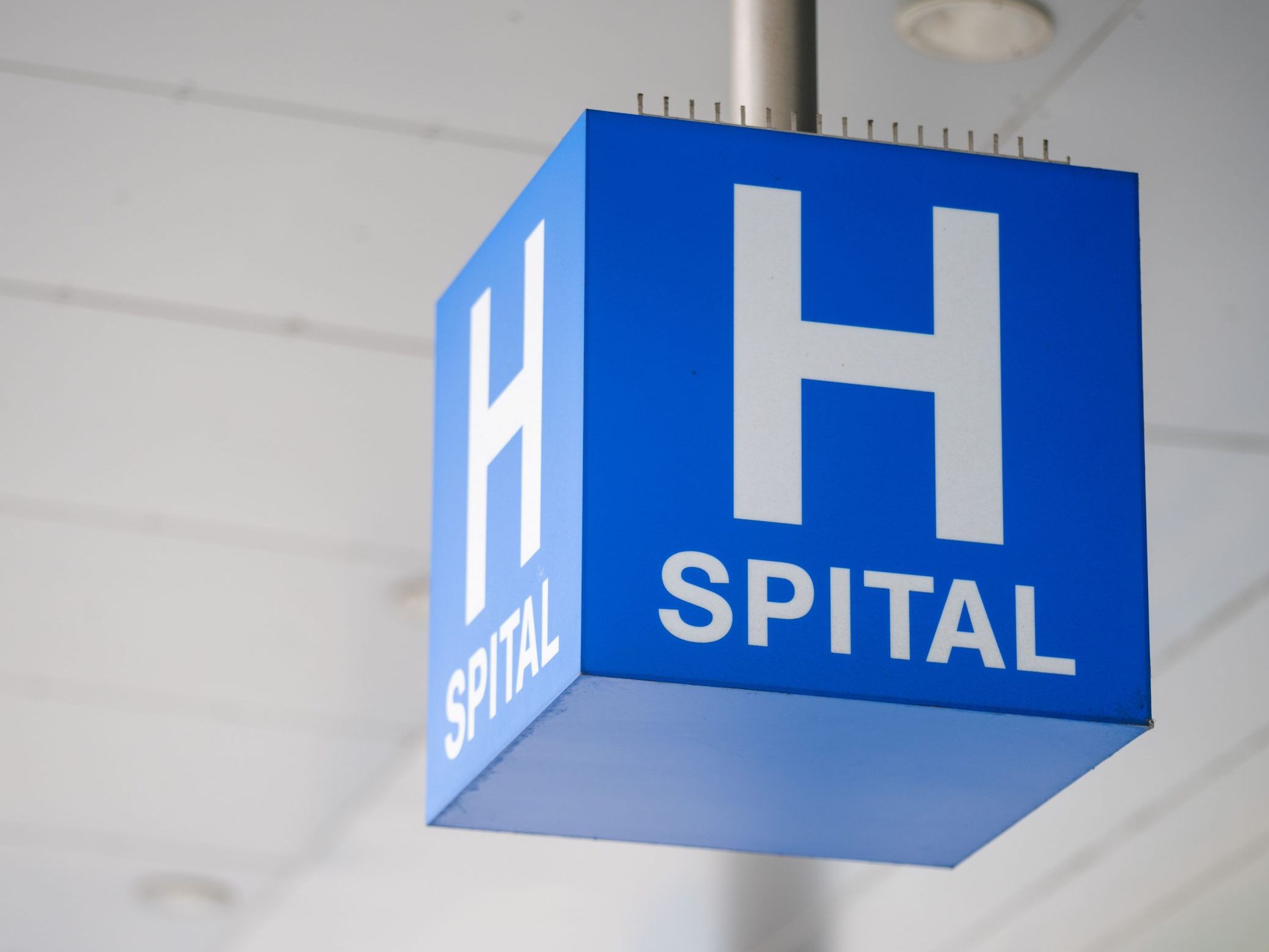Emergency Landing: Swiss Crew Member Still in Intensive Care

Another crew member was still in a Graz hospital, the airline reported in a statement on the incident on Monday evening. According to this, all hospitalized passengers have been able to leave the hospital by now. The relatives are being cared for on site by Swiss.
Due to engine problems and smoke in the cockpit and cabin, the aircraft with 79 people on board, including 74 passengers and five crew members, had to make an emergency landing at Graz airport. The flight was LX1885 from Bucharest to Zurich. Swiss is interested in fully clarifying the incident and supporting the authorities in their investigations, the statement said. However, due to the ongoing investigations, only limited information could be provided, according to the airline. The affected aircraft, an Airbus A220-300 with the registration HB-JCD, has been removed from the runway. Graz airport has resumed its operations.
Repatriation of Passengers
A special flight with the flight number LX7385 took off from Graz at 9.45 am on Tuesday and landed in Zurich around noon with 63 passengers from flight LX1885 on board. A Swiss Care Team is looking after the passengers who are still in Graz, as well as accompanying them on their return journey. The focus is on psychological care and individual needs such as onward travel.
As a passenger described in a video interview with the "Kleine Zeitung", she was awakened on the flight by a noise, after which she smelled smoke: "It was a strange noise, a lot of smoke and people couldn't breathe. I didn't know what had happened." She panicked but tried to calm down. The aircraft captain then announced that he had to make an emergency landing. Other passengers reported seeing an explosion and fire on the engine.
Discussion About Missing Oxygen Masks
The aviation specialist portal Austrian Wings referred in a statement to current discussions on social media as to why oxygen masks were not activated among passengers on the Swiss flight. The masks are only designed for a sudden loss of cabin pressure and their use in the event of smoke in the cabin would be counterproductive. The oxygen masks do not hermetically seal the mouth and nose, and ambient air is also inhaled. Smoke gases could thus unconsciously penetrate deep into the lungs. If the smoke on board was caused by a fire, the oxygen supply could serve as a fire accelerator and further fuel the fire, according to Austrian Wings.
(APA/Red)
This article has been automatically translated, read the original article here.





